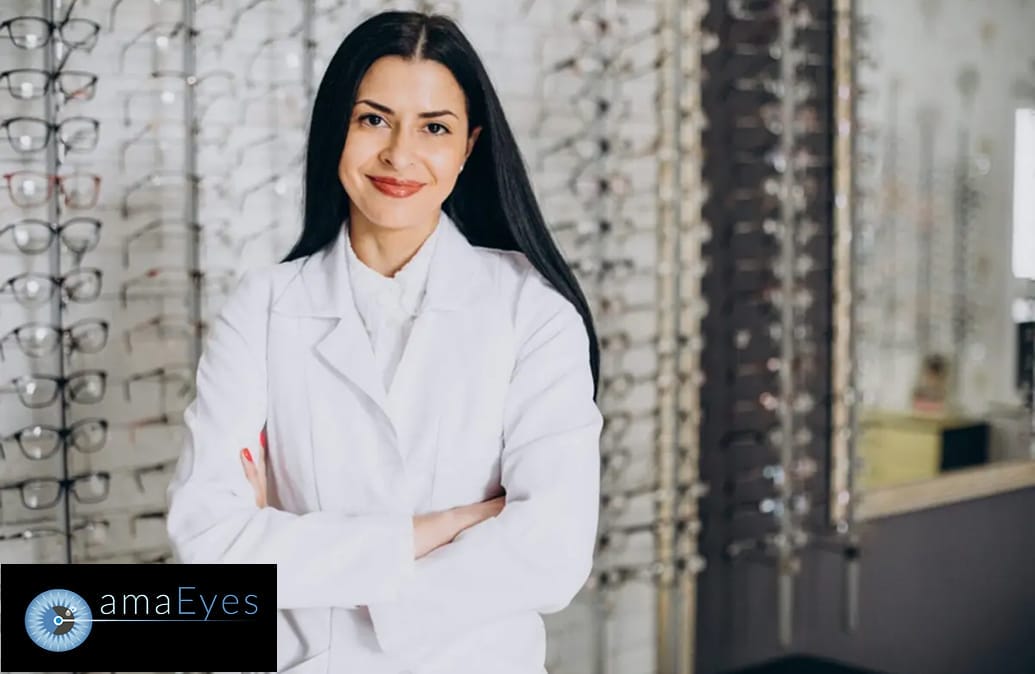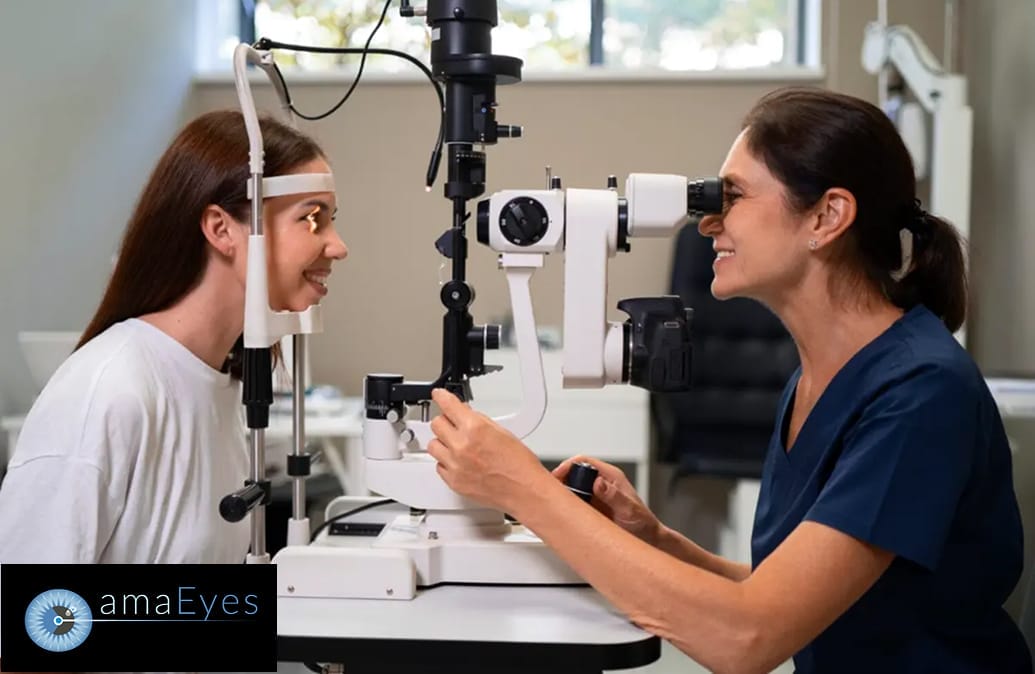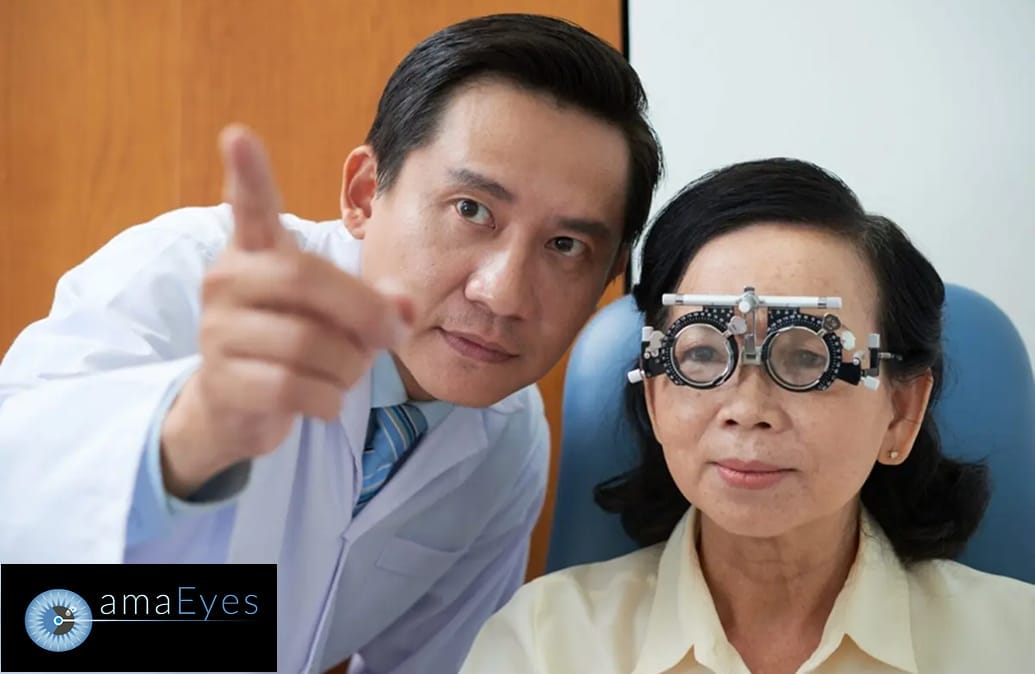The term ‘eye doctor’ is often used broadly but covers distinct professionals with very different training and responsibilities. When most people say eye doctor, they’re thinking of their optometrist, but that’s only part of the picture.
Understanding who does what in eye care can save you time, money, and ensure you get the right treatment for your vision problems.

Breaking Down the Eye Care Hierarchy
Eye care professionals fall into distinct categories based on their education, training, and what they’re licensed to do. The three main ones are optometrists, ophthalmologists, and opticians. Each has a specific role in maintaining your eye health.
This isn’t just medical jargon. Knowing the difference affects where you book your appointment, what treatments you can receive, and whether your insurance will cover the visit.
Optometrists: Your Primary Eye Care Providers
Optometrists hold a Doctor of Optometry degree, which requires four years of specialized optometry school after undergraduate studies. They focus exclusively on eye health, vision problems, and eye conditions throughout their education.
These eye care professionals handle the bulk of routine vision care. They perform comprehensive eye exams, diagnose common eye diseases, prescribe contact lenses and glasses, and manage conditions like dry eyes and mild glaucoma. Most optometrists also detect early signs of serious problems like diabetic eye disease or macular degeneration.
Your optometrist plays an important role as your first line of defense for eye health. They track changes in your vision over time and catch problems before they become serious. When you need someone to adjust your prescription or figure out why your eyes feel tired after computer work, your optometrist is typically the right choice.
Related Article: How Regular Eye Exams Can Prevent Long-Term Vision Loss
Ophthalmologists: The Eye Surgeons and Medical Doctors in Vision Care
Ophthalmologists are medical doctors who completed medical school and then specialized in eye care through additional residency training. This means they can perform surgery, prescribe any medication, and handle complex medical conditions affecting the eyes.
These medical doctors provide surgical eye care, everything from cataract removal to retinal repairs to LASIK procedures. They also manage serious eye diseases that might require specialized medical treatment, or when eye problems relate to other health conditions like diabetes or autoimmune disorders.
Think of ophthalmologists as the specialists you see when primary eye care isn’t enough. They work closely with optometrists, often receiving referrals for cases that require surgical intervention or complex medical management.

When to See Each Professional
The decision between an optometrist and an ophthalmologist often comes down to what you need:
Choose an optometrist in Delaware, Ohio, for:
- Annual eye exams and routine vision care
- New glasses or contact lenses prescriptions
- Managing dry eyes, eye allergies, or minor irritations
- Detecting and monitoring glaucoma in its early stages
- Vision therapy or low vision rehabilitation
- Most day-to-day vision problems
See an ophthalmologist in Delaware, Ohio, when:
- You need any type of eye surgery
- You have sudden vision loss or eye injuries
- Your eye condition requires specialized medical treatment
- You’re dealing with complex eye diseases
- Your optometrist refers you for additional care
The Role of Opticians in Vision Care
Opticians aren’t doctors, but they’re crucial members of your eye care team. They interpret prescriptions written by optometrists or ophthalmologists and help you select frames, fit glasses, and ensure contact lenses are comfortable.
These professionals understand the technical aspects of lenses, coatings, and frame adjustments. When your glasses don’t fit right or you need help choosing the best lens options for your lifestyle, opticians provide the hands-on expertise you need.
Common Misconceptions About Eye Care Professionals
Many people assume ophthalmologists provide “better” care because they’re medical doctors, but that’s not necessarily true. For routine eye exams and most vision problems, optometrists are perfectly qualified and often more accessible.
Some patients worry that optometrists can’t prescribe medications, but in most states, they can prescribe drugs for eye conditions. The specific medications vary by location, but optometrists handle much more than just glasses and contacts.
Another misconception is that you need a referral to see an ophthalmologist. While some insurance plans require referrals, you can often schedule directly with an ophthalmologist if you prefer, though you might pay more out-of-pocket.

Making Smart Choices for Your Eye Health
Most people benefit from establishing a relationship with an optometrist for primary eye care. They’re typically easier to schedule with, cost less for routine visits, and can handle the vast majority of eye health needs you’ll encounter.
Your optometrist becomes familiar with your eyes over time, making it easier to spot changes or problems early. They coordinate with ophthalmologists when needed, ensuring you get specialized care without unnecessary delays.
Your Vision, Your Choice: Putting It All Together
Understanding these differences helps you make informed decisions about your vision care. Optometrists handle primary eye care and the most common eye conditions. Ophthalmologists provide specialized medical care and perform surgeries. Opticians help you see clearly through properly fitted glasses and contacts.
Each plays an important role in maintaining your eye health. The key is knowing which professional can best address your specific needs, whether that’s updating your prescription, managing an eye condition, or getting surgical treatment.
Don’t let confusion about titles keep you from getting the eye care you need. Most vision problems start with a visit to your optometrist, and they’ll guide you to additional specialists if necessary. The most important thing is getting your eyes checked regularly and addressing problems before they affect your quality of life.
